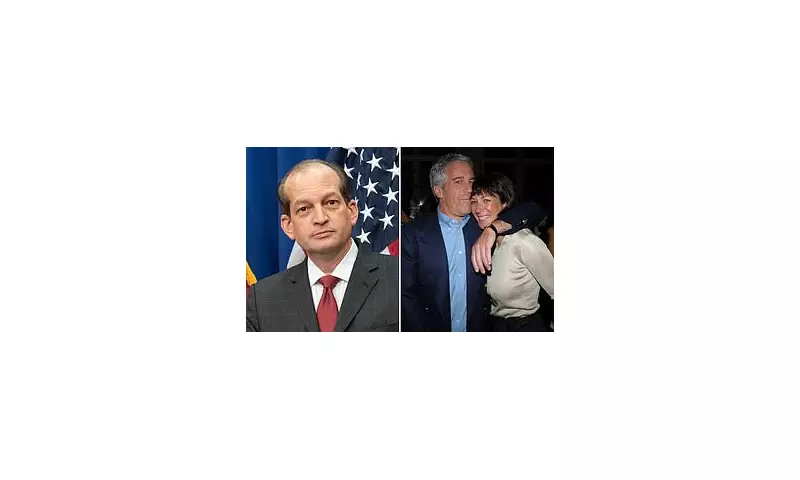
The political career of former US Labour Secretary Alex Acosta lies in tatters, irreparably damaged by his central role in one of the most controversial plea deals in modern American legal history.
As a federal prosecutor in Florida over a decade ago, Acosta orchestrated the now-infamous non-prosecution agreement for financier Jeffrey Epstein, effectively shielding him from serious federal charges related to the sexual abuse of underage girls.
This arrangement, widely condemned as a 'sweetheart deal', allowed Epstein to plead guilty to lesser state charges and serve a remarkably lenient 13-month sentence in a private wing of a county jail—with work release privileges.
A Legacy of Controversy
The deal has cast a long and inescapable shadow over Acosta's professional life. Despite a subsequent distinguished career that culminated in a cabinet position in the Trump administration, the Epstein case has proven to be his undoing.
Public and political pressure intensified dramatically following Epstein's arrest on new sex trafficking charges in 2019 and his subsequent death in prison. Acosta was forced to resign from his cabinet post, and his reputation has never recovered.
Why the Deal Remains a Scandal
Legal experts and victim advocates cite several reasons why Acosta's actions continue to provoke outrage:
- Failure to notify victims: The deal was negotiated in secret, violating the Crime Victims' Rights Act by failing to inform Epstein's numerous victims.
- Extraordinary immunity: The agreement granted sweeping immunity to Epstein and potential co-conspirators from federal prosecution.
- Undermined justice: It prevented a full federal investigation that could have exposed the entirety of Epstein's trafficking network and implicated other powerful individuals.
For the victims, Acosta's deal represented a profound betrayal of justice, allowing a wealthy and connected predator to evade meaningful accountability for years.
Today, Alex Acosta's name remains synonymous with prosecutorial failure and privilege. His story serves as a stark reminder of how a single decision can define—and ultimately end—a career.





